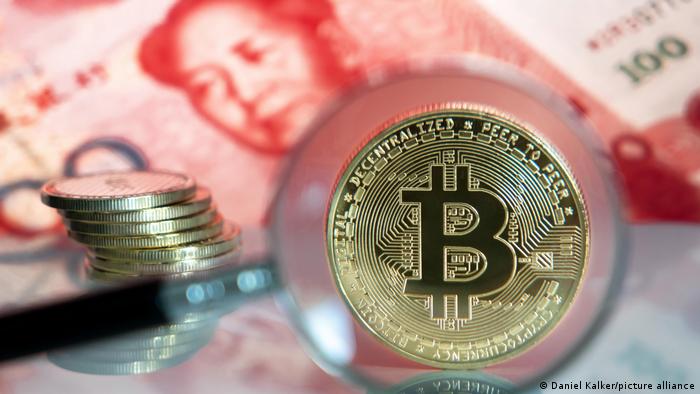David Agullo
What Investors Will DO If A Country Bans Cryptocurrency?

Cryptocurrency – Investment in companies that use crypto tokens to fuel their technologies would be halted if cryptocurrencies, also known as crypto-assets, were banned. The term “cryptocurrency” is a misnomer when it comes to crypto assets. Banning a digital asset will not only impact the people who are investing in it but will also cause a lot of discrepancies.
With the risk and certain speculations, the topic of digital assets has been very contrary, and people are always assuming that what will happen to their money if one day their system bans the digital assets.
Blockchain is the new Internet, but what flows through blockchain networks is not bytes of information, but tokens of trust and value, using cryptography to prove they are valid. That’s where the word ‘crypto’ comes from. It’s an anti-fraud technology. New terminology can make innovations hard to understand and trust, but with dialogue, we can learn and decide together.
There are always options available that can be sorted if any uncertain position happens.
SELF-GUARDIANSHIP WALLETS COULD BE A SAFE HAVEN
SELF CUSTODY WALLETS
Self-custody wallets, which are digital devices in the form of USB drives, micro SD cards, or smart cards, allow investors to relocate their crypto assets. The private Bitcoin key or keys of the investors are stored on these devices. Ledger, Trezor, SafePal, and BitLox are some of the most popular hardware wallets for holding bitcoins. If investors are concerned about preserving their crypto assets in India in the case of a ban, they can choose to store them in these wallets and even send them overseas to friends or relatives.
TRANSFER THE CRYPTO
Another alternative for the investors in the case of a crypto prohibition is to send their crypto assets to friends and relatives who live outside the country. However, if crypto assets are transferred to another user, the receiver becomes the owner of those coins and may be required to pay tax on them, depending on the country’s crypto legislation.
The person can coordinate and have deal management that how the asset management will be done and if it needs to be one slot option, then a direct payment needs to be done.
GET A PROPER KNOWLEDGE
All other exchanges, users, and investors must be prepared with sufficient knowledge, legal understanding, and a team to manage a circumstance in which the government bans cryptocurrencies. One of the pre-emptive actions that exchanges can take is to incorporate a firm outside of the country so that there is no meltdown if the government prohibits it. Exchanges should also direct their investments.
TRANSACTING THROUGH NDF MARKETS
NDF market typically develops for currencies where the local currency derivative market is underdeveloped, or traders are restricted by unfavourable tax structure. So, traders shift their focus to the NDF market, which grows in an offshore location. NDF contracts are futures contracts where participating parties settle the difference in NDF price or rate and spot rate at the predecided rate in the contract.
Cryptocurrency is a new type of alternative asset. Bitcoin is gaining traction as a global store of wealth, thanks to increased institutional engagement. It is seen that crypto become more mainstream in the next months, with more retail investors and first-timers entering the market. The most crucial thing to remember as a first-time crypto investor is that crypto is a high-risk, high reward investing opportunity. One should invest according to their risk tolerance.
It is very critical that a country opts for a ban, after crypto gaining such importance worldwide, even if there is a ban it is expected to be done in a regulated way so that interest of all the parties is protected
Latest
Blockchain
21 Feb 2026
Blockchain
13 Feb 2026
Blockchain
07 Feb 2026
Blockchain
06 Feb 2026
Blockchain
05 Feb 2026
Blockchain
03 Feb 2026












